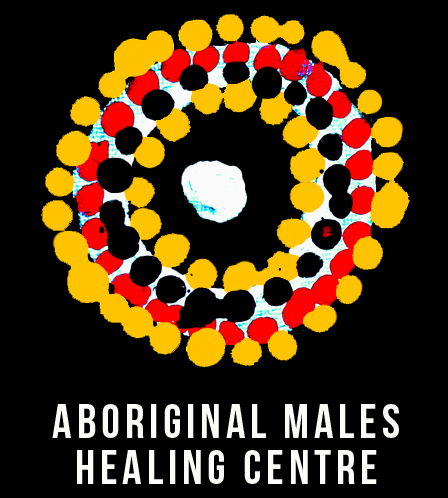CEO of the new Aboriginal Male’s Healing Centre who spoke at the White Ribbon event has dedicatedly been working towards it becoming a reality including negotiating with both the local, state and federal governments in order to secure partnerships and funding for the project.
The mandatory 28-bed facility will offer accommodation for Aboriginal perpetrators, for 12 months as well as an outreach program focused on prevention and early intervention. The program places accountability for the abuse on the perpetrator and increases coordination between the community, criminal and civil justice agencies.
Newman Women’s Shelter Manager, Maggie Lewis, was quoted on the ABC website as saying the area was in desperate need of the facility. “It’s a necessary thing ... prison is clearly not working,” she said. “There needs to be more accountability and education of domestic violence for these people.”
Maggie Lewis also said to the ABC that, “Sixty per cent of domestic violence perpetrators in the East Pilbara re-opened within the first six months of being released.”
While perpetrators can volunteer to attend the centre, priority will be given to those who are referred by either a magistrate or the Department of Corrective Services.
AMHC is the first of its kind, mandatory rehabilitation centre for Aboriginal males who perpetrate FDV. Once the resident has completed 12 months, they shall then be placed on a ‘care-plan’ thus enabling the client to remain under a long term observaon process. This, therefore, allows for immediate intervention in the instance the client may relapse.
Underpinning the development and implementation of the AMHC model is Aboriginal Culture and Lore as the key healing element. Controlled by Aboriginal people, the AMHC will be developed and delivered by Elders and offer opportunity for Aboriginal perpetrators to remain on Country and reconnect with their Culture.
The AMHC will offer a holistic approach to healing, over an extended period of time, so that at the end of the healing period the men will have life skills, a sense of responsibility, meaningful employment, and good physical health and be emotionally and spiritually strong.
The long term vision of the AMHC is to ensure that all Aboriginal people in the Pilbara region live safe and healthy lives free from family and domestic violence.
The social, economic and cultural benefits of reducing family and domestic violence are far reaching. A study commissioned by the Commonwealth Government in 2009 shows the enormous economic costs of violence on our communities, with domestic violence and sexual assault perpetrated against women costing in excess of $13.6 billion each year.
The emotional and personal costs of violence against women cannot be measured and the effects reach all level of society. The social, economic and cultural benefits of reducing such violence in the Pilbara are even more profound.
Summarily, the intermediate service delivery outcomes include:
Greater awareness of, and reduced acceptance of, family and violence;
Indigenous communities and individuals having increased skills and knowledge to address family violence;
Improved integration of culturally appropriate family violence services; and
Improved access to support services.
The intermediate program outcomes include:
Social norms against family violence strengthening and endorsed by the Community in and around Newman;
Increased access to and timely provision of integrated services for perpetrators and victims; and
Increased connection with Culture and Lore.
There are, of course, a huge number of social, cultural and economic benefits of reducing family violence through a holistic, culturally appropriate, locally driven model. A cost benefit analysis of the project demonstrates significant cost savings associated with diversion from the prison system, decreased reliance on women’s refuges, and these savings exceed the estimated operating costs of the facility.
There are also a range of other benefits associated with successfully running the facility including savings for the health system, increases in productivity from employability, and savings from social services.
“An Aboriginal male that perpetrates family domestic violence ... he has to travel 1,200 kilometres down to Perth [to receive counselling],” Devon Cuimara said. “That takes him away from Country, puts him in a position of fear, because he is in a strange place, strange people, and will not get the full benefit of the program that is offered to him once down there.”
Anticipation is keen for Devon Cuimara’s work to come to fruition
